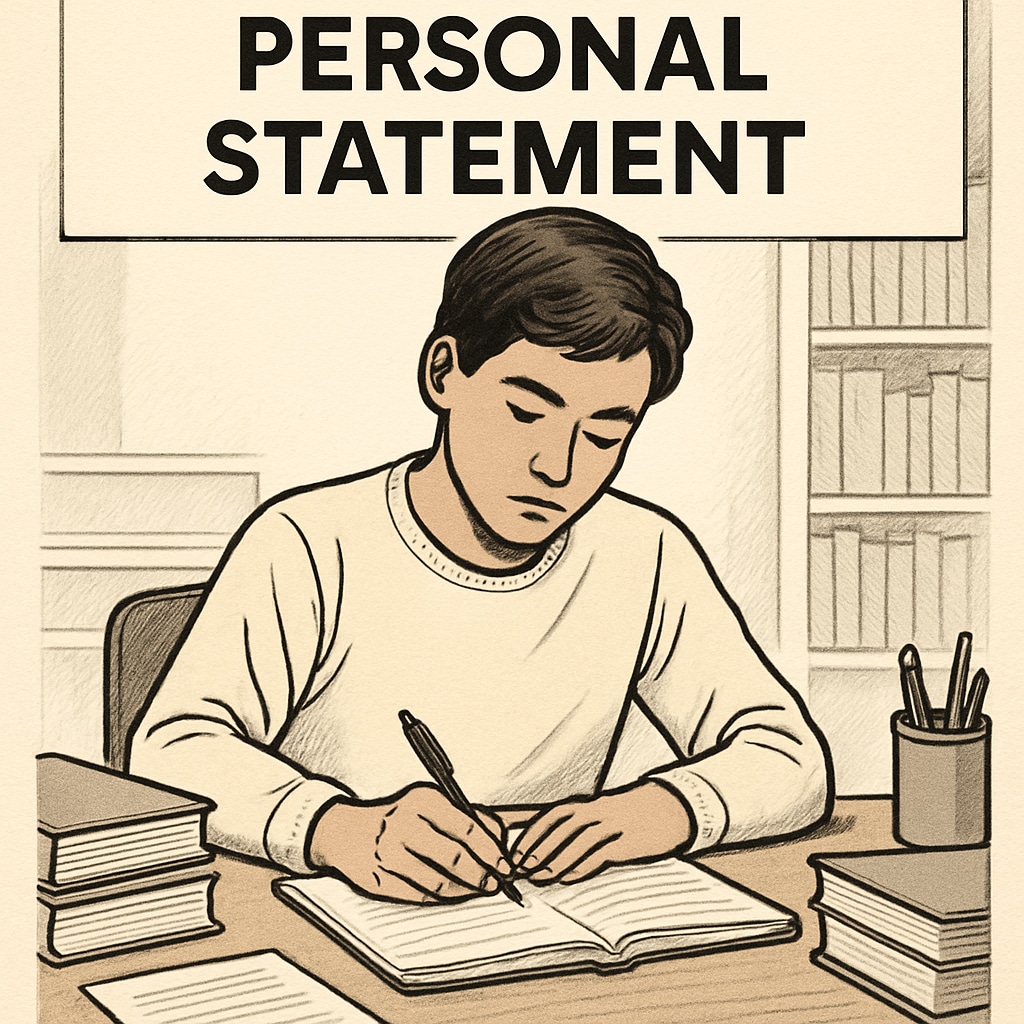When aiming for elite universities like Harvard, students often wonder how a low grade in a required course—such as a 69% in a challenging subject—might impact their chances. The fear of jeopardizing one’s college dreams because of a single academic stumble is real, yet the truth is more nuanced. Harvard’s admissions process, rooted in a holistic evaluation philosophy, considers more than just grades. While academic performance is important, universities like Harvard look at the bigger picture, including extracurricular achievements, personal essays, and recommendations.

How Grades Fit Into Harvard’s Admissions Philosophy
Harvard is renowned for its holistic admissions approach. This means that while grades do play a significant role, they are not the sole factor in determining whether a student is accepted. According to Harvard’s admissions website, the committee evaluates applicants based on academic excellence, extracurricular involvement, character, and potential contributions to the university community. A single low grade, even in a required course, is unlikely to overshadow a strong application.
For example, a student who scores 69% in a course like CALM (Career and Life Management) but demonstrates leadership in extracurricular activities or writes a compelling personal essay may still stand out. Admissions officers are trained to understand that grades reflect only one aspect of a candidate’s abilities and circumstances.
Addressing Academic Challenges Strategically
Dealing with a low grade can be stressful, but there are strategies to mitigate its impact:
- Provide Context: Use your application to explain any extenuating circumstances that led to the lower grade, such as personal challenges or external factors.
- Show Improvement: Admissions committees value growth. If your grades improved significantly in subsequent semesters, highlight this trend.
- Strengthen Other Areas: Compensate for the weaker grade by excelling in extracurricular activities, standardized tests, or community service.
- Leverage Recommendations: A strong recommendation from a teacher, especially in the subject of the low grade, can provide insight into your effort and character.
These steps not only help address the academic shortfall but also demonstrate resilience and self-awareness—qualities that universities value.

Maintaining Perspective and Resilience
It’s easy to fixate on a less-than-perfect grade, but students should remember that admissions decisions are multifaceted. Harvard and other elite universities seek applicants who are not only academically capable but also intellectually curious, passionate, and determined. A low grade in one required course does not define your entire academic record or potential.
Instead of dwelling on setbacks, focus on showcasing your strengths. For example, if your CALM course grade was lower than expected, consider how you can demonstrate the skills learned—such as time management and life planning—in other parts of your application. As a result, you can turn an apparent weakness into an opportunity to highlight growth.
Finally, remember that success doesn’t solely hinge on attending a specific university. Many paths lead to personal and professional fulfillment, regardless of where you study.
Conclusion: A Holistic View of Success
The fear of a low grade ruining your chances at an elite university is understandable, but it’s important to see the bigger picture. Harvard’s holistic admissions philosophy weighs multiple factors, allowing students to demonstrate their capabilities beyond a single course grade. By addressing weaknesses strategically, maintaining a strong overall application, and focusing on personal growth, students can overcome academic setbacks and still achieve their dreams.
Remember: Resilience, adaptability, and self-awareness are as essential to success as academic achievement. Universities like Harvard recognize that the road to excellence is rarely perfect.


